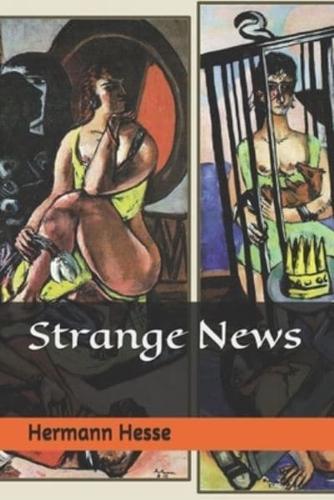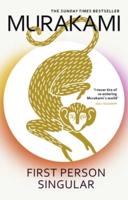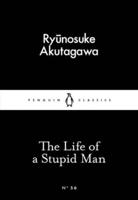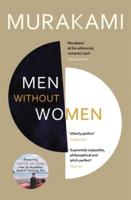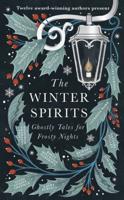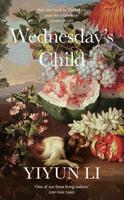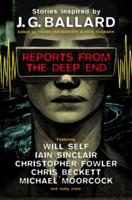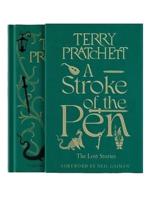Publisher's Synopsis
"Strange News" is a collection of newly translated fairy tales written by Hermann Hesse during World War One. The book, which is a Collector's Item contains: Strange News from Another Star, Faldum, Iris, Fine Dream Sequence, A Difficult Path, The Poet, Augustus, and Flute Dream.
The book title was inspired by Hesse's timeless classic "Strange News from Another Star". Hesse wrote this short fairy tale in April 1915, one year after the start of the First World War. At the time of writing, Hesse was working as an army nurse tending to wounded soldiers. In the fairy tale, two stars are juxtaposed. On one star, life is valued, beauty is appreciated, reason is respected, humane traditions are cultivated, love and happiness are experienced and peace prevails. On the other star, jealousy, hatred and despair are cultivated, wars are waged incessantly, battlefield murder is officially condoned, the countryside is left strewn with unattended cadavers and fear prevails. The latter is clearly our world as Hesse saw it, rendered mythical, and the former is an idealized world that ours could be. Unlike his earlier works, the story does not lend itself to rational interpretation. It is essentially a fairy tale dealing with the subconscious, magic and the dream world. The fairy tale represents an intermediate stage between Hesse's initial ambiguous stance to the war, as an internationalist who tolerated war and a pacifist who looked forward to a German victory, and his later active anti-war campaign. Later in his life, Hesse changed his initial naive view, that the war is nobody's fault and that it occurs by itself. He came to acknowledge the detrimental role that the military-industrial complex plays in promoting wars, a view that brought him into conflict with supporters of the war, his country and its government. Looking at the world today, seeing military conflicts raging in many pockets around the globe, with no discernible reason or end strategies in sight, while daily life goes on as usual around us, we tend to appreciate Hesse's prophetic and timeless vision.